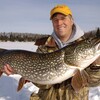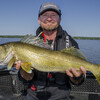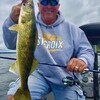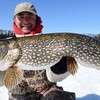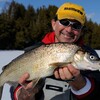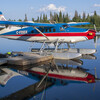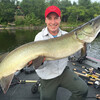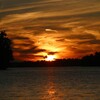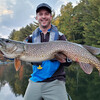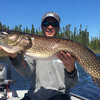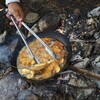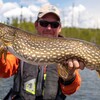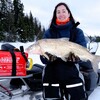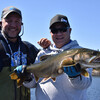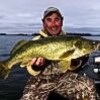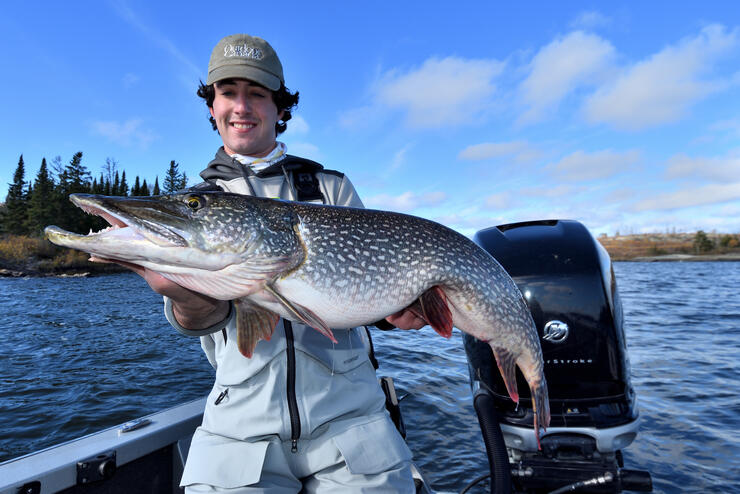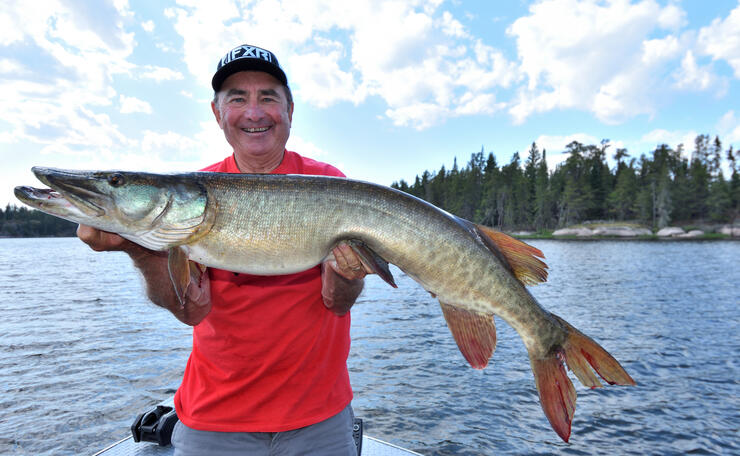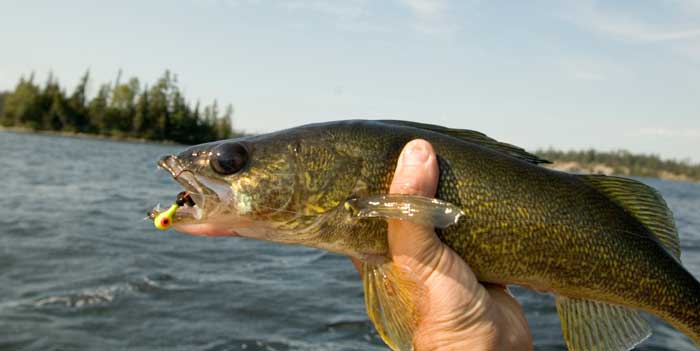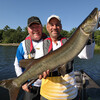
When to Use Bright Lures and Dark Lures
The days are getting warmer, the bald eagles, white pelicans, sandhill cranes and geese are returning home and a pile of anglers are putting the final touches on long-awaited fishing adventures in Northern Ontario.
Oh, yes, and my message box is overflowing with questions, like the one I received the other day from a Chicago-based reader who is heading to Wabigoon Lake in Sunset Country. Because it is a shallow clay-based system prone to clouding over and resembling a milkshake, he was scratching his head wondering about what lures to bring. In particular, he wanted to know if there is any truth to the bright lures on bright days and dark lures on dark days aphorism?
While many old wives' tales have bitten the dust, there is considerable support for this specific piece of fishy wisdom. Even if, at first glance, it seems to be contradictory. I mean, if the weather and water conditions are cloudy, dark and dingy, wouldn’t it make more sense to use a bright flashy lure to guide the fish to your bait?
As I mentioned to the reader, the easiest way to answer that question is to take your favourite bright baits into a dark room where the drapes are closed, hold them up and determine if you can see them better. Of course, you can’t, because they typically require the sun to be shining in order to reflect the light.
Indeed, take the same lures outside, hold them up to the sun and you’ll be dazzled by the backscattering. It is part of the reason why I love muskie fishing with flashy lures on bright sunny days, despite the popular opinion being that they are the worst conditions. It depends on what you’re showing the fish.
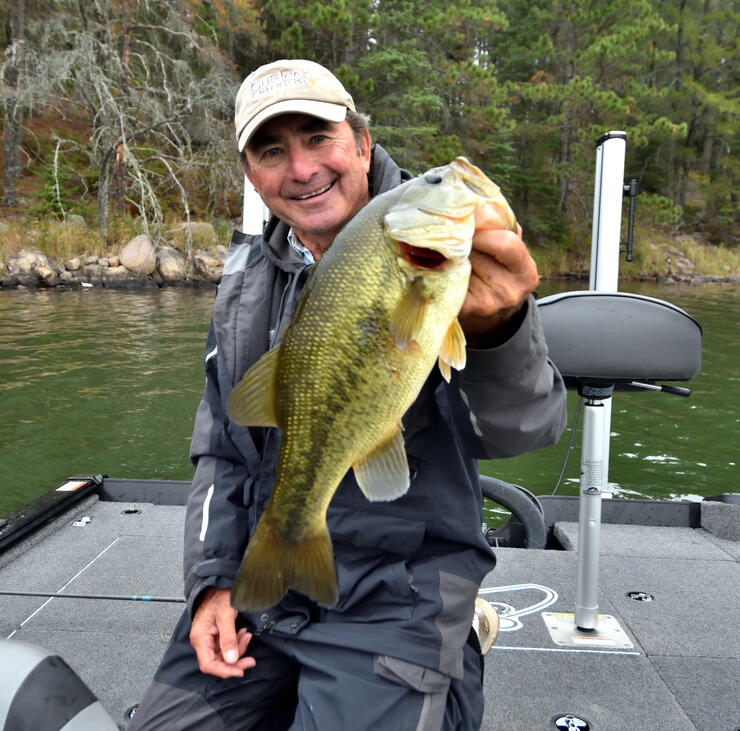
The same principle applies to using dark lures on dark days. If you go back into the gloomy room and hold up a set of drab lures, you’ll see that they are standouts. It is the silhouette effect and why so many good muskie anglers favour black lures for fishing at night.
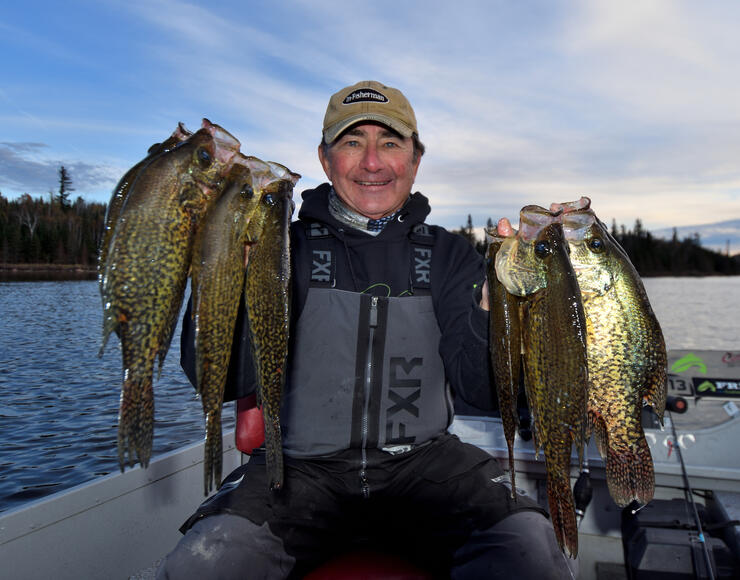
I once raised a magnificent Lake of the Woods muskie — the fish that stands out the most over all these years — casting a pure black Mepps Muskie Killer bucktail. It was at the last spot we stopped to fish that evening, well after sunset, on a dull, dark, drizzly day when I spotted the giant bulge behind my bait. I brought the big fish alongside the boat and enticed her to follow the bait several times in a succession of figure eights. But on the fourth or fifth go around, she sulked and slid out of view. I was heartbroken. So, with my lure still hanging from the end of my rod tip, at least three feet above the surface of the lake, I leaned over the side of the boat and looked around to see if I could spot her. That is when, in a scene reminiscent of the movie Jaws, she exploded out of the water — like a cruise missile — and ate my black bait in mid-air. Like I said, my most memorable muskie ever.
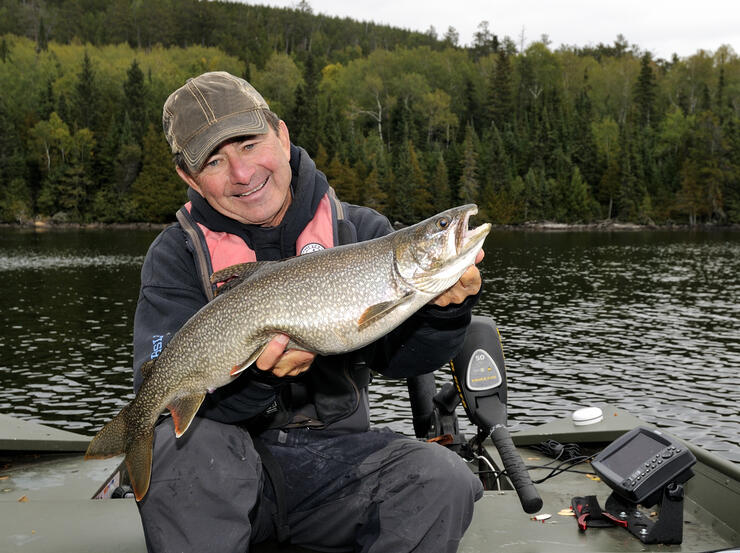
Something else worth noting is that I love metal finishes with half gold and half silver being my favourite hue. I’ve used a Williams Whitefish spoon, for example, to help catch my biggest ever northern pike, lake trout, Chinook and coho salmon — the latter two species when I used the lure as a flasher ahead of another bait. And it excels in both bright and dark conditions.
Whoa, now wait for a second, I can hear you say, isn’t this a flashy lure doing its job on an otherwise dark day? Well, not quite. You see the reason I am so fond of the metal hue is that it functions in the same way — like a cloaking mechanism — as the scales on baitfish. So, if the water is dark and dingy, it tends to bounce back and blend in and look the same way. Ditto when it is sunny and bright. Just like the silver and gold scales on the whitefish, smelt, ciscoes, alewives and shiners it mimics.
Recommended Articles
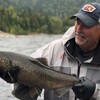
Salmon Fishing
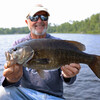
Smallmouth Bass in Sunset Country
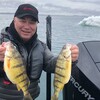
Spring Perch Fishing
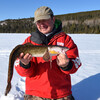
A Whole Lota Lovin'
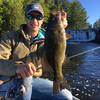
Smallmouth Bass Destinations
5 Keys To Canadian Muskies
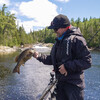
The Algoma Trifecta
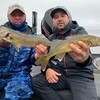
Abitibi Walleye Experience
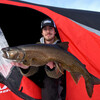
Get Hooked on Ice Fishing
Top 8 Places to Ice Fish in Ontario
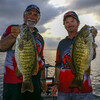
5 Big Water Ontario Fishing Locations

Four Seasons of Bass in Ontario
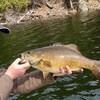
Top 5 Flies for Smallmouth Bass

Drive-to Ontario Lodges
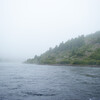
Fly Fishing Basics
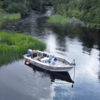
Fishful Dreams Do Come True
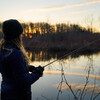
Memorable Panfish

Top 5 Baits for Smallmouth and Largemouth Bass
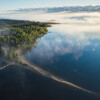
Fly-in Fishing
